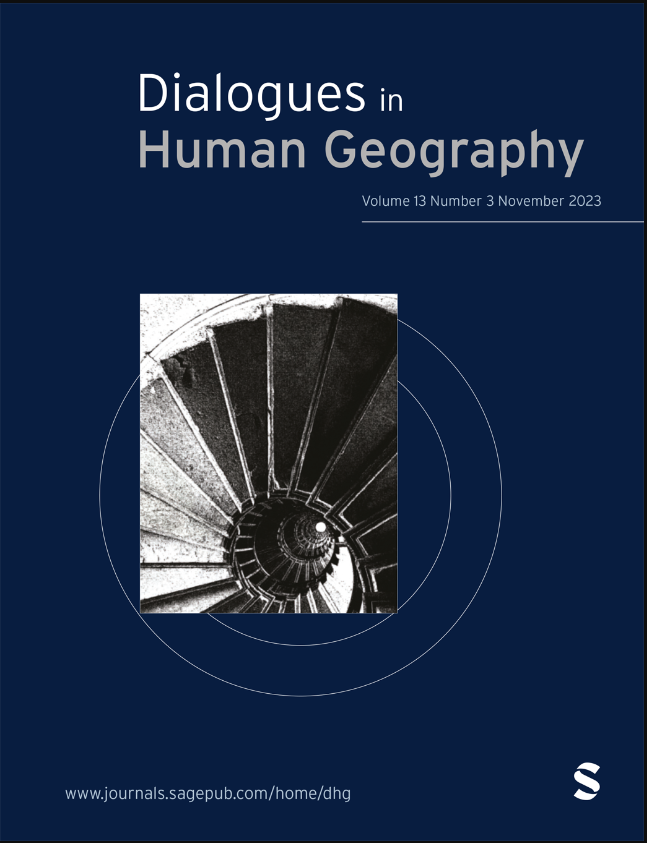建立非殖民气候正义运动:四种紧张关系
IF 8.2
1区 社会学
Q1 GEOGRAPHY
引用次数: 1
摘要
解决气候危机的普遍方法进一步巩固和扩展了引发这场危机的种族资本主义和殖民统治制度。迫切需要建立变革运动来争取气候正义。然而,变革运动不可避免地由他们所反对的许多相同的动力构成。这就带来了一种风险,即这些运动可能会在他们试图带来的世界上重现殖民主义或其他不公正的关系。我们指出了四个紧张的领域,在这些领域中,我们看到了在建立非殖民化气候正义运动的努力中出现的这种困境,并简要讨论了致力于这项工作的学者们面临的一些问题。本文章由计算机程序翻译,如有差异,请以英文原文为准。
Building decolonial climate justice movements: Four tensions
Prevailing approaches to resolving the climate crisis further entrench and extend the same institutions of racial capitalism and colonial domination which have precipitated this crisis. The need to build transformative movements to fight for climate justice is dire. Yet, transformative movements are inevitably structured by many of the same dynamics they oppose. This presents a risk that such movements may reproduce colonial or otherwise unjust relations in the worlds they seek to bring about. We point to four areas of tension where we see this dilemma playing out within efforts to build decolonial climate justice movements, and briefly discuss some questions that arise for scholars committed to this work.
求助全文
通过发布文献求助,成功后即可免费获取论文全文。
去求助
来源期刊

Dialogues in Human Geography
GEOGRAPHY-
CiteScore
8.00
自引率
4.00%
发文量
86
期刊介绍:
Dialogues in Human Geography aims to foster open and critical debate on the philosophical, methodological, and pedagogical underpinnings of geographic thought and practice. The journal publishes articles, accompanied by responses, that critique current thinking and practice while charting future directions for geographic thought, empirical research, and pedagogy. Dialogues is theoretically oriented, forward-looking, and seeks to publish original and innovative work that expands the boundaries of geographical theory, practice, and pedagogy through a unique format of open peer commentary. This format encourages engaged dialogue. The journal's scope encompasses the broader agenda of human geography within the context of social sciences, humanities, and environmental sciences, as well as specific ideas, debates, and practices within disciplinary subfields. It is relevant and useful to those interested in all aspects of the discipline.
 求助内容:
求助内容: 应助结果提醒方式:
应助结果提醒方式:


